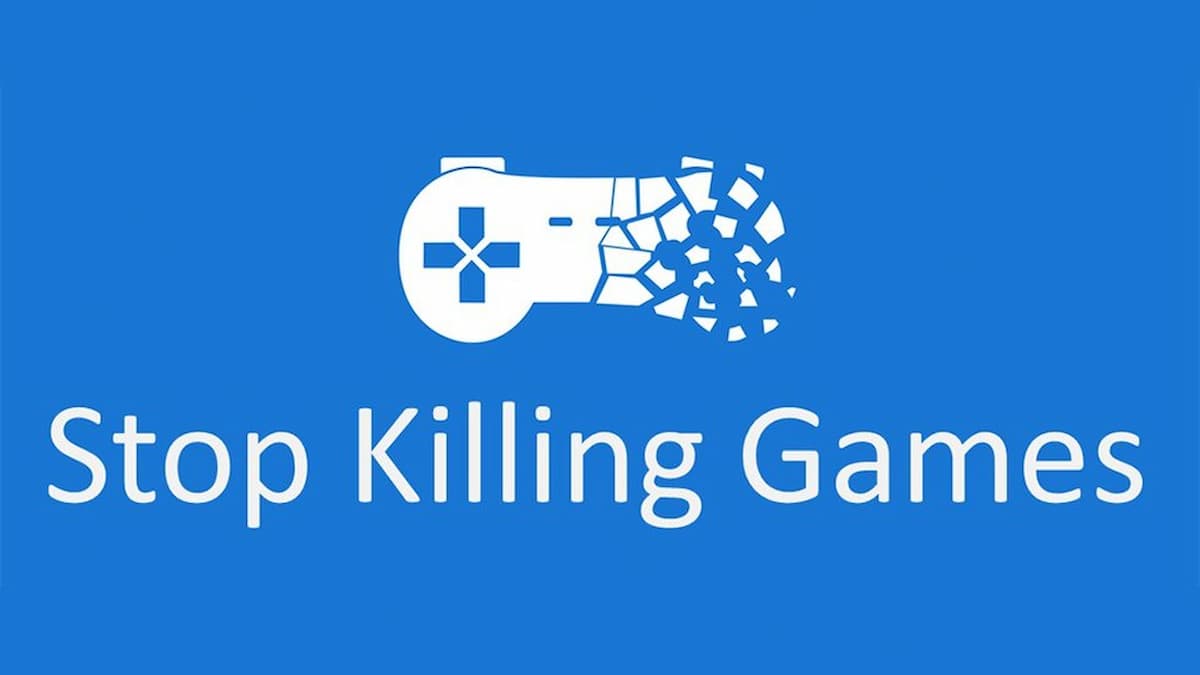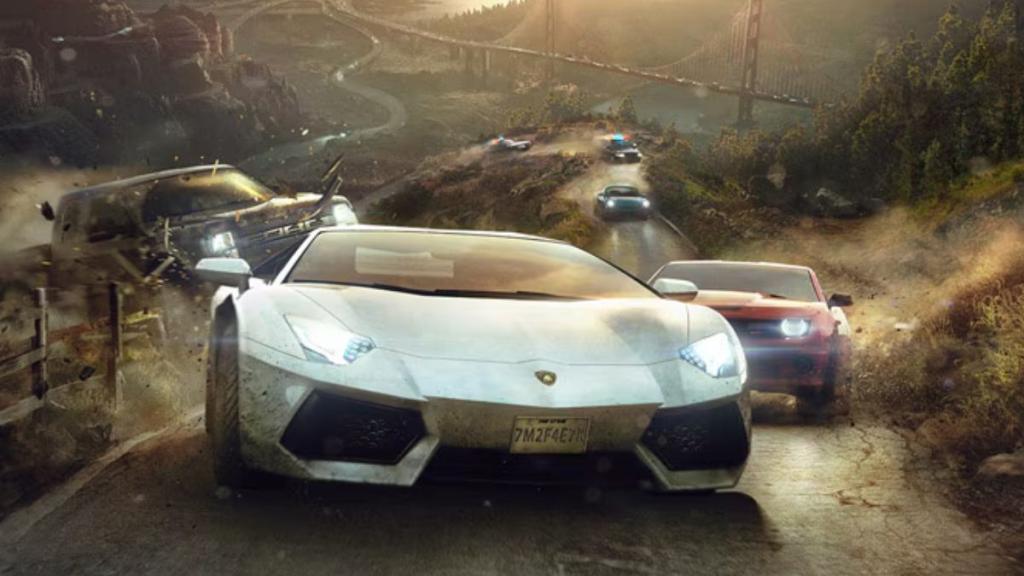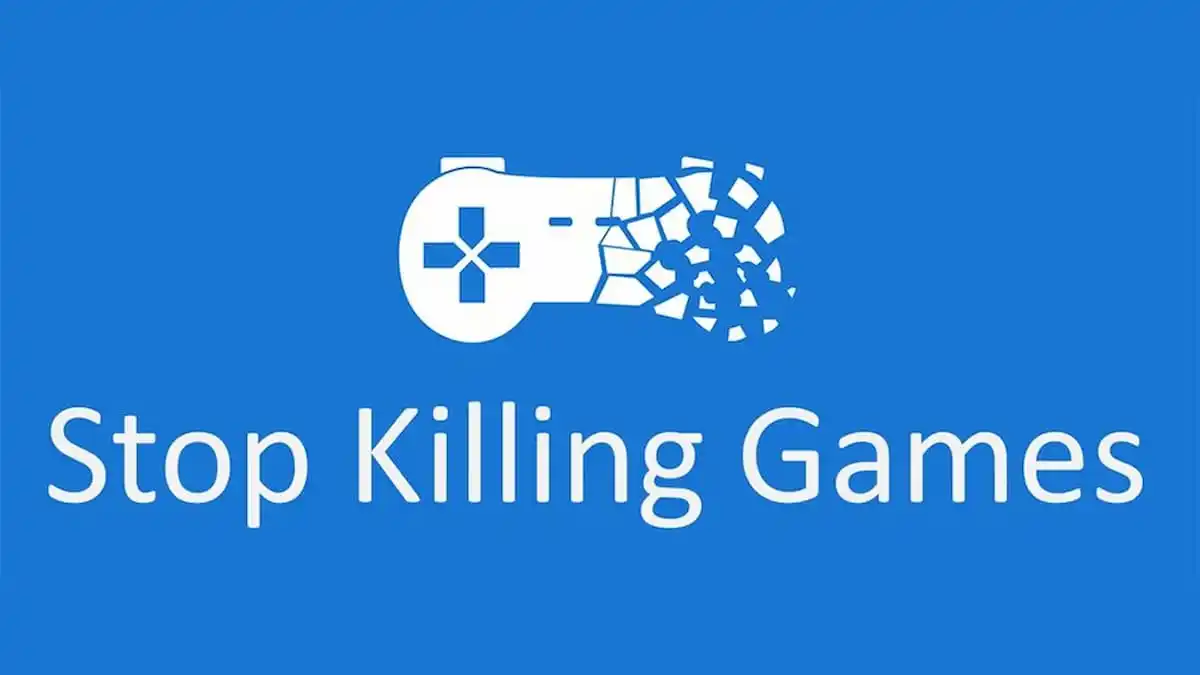
The Stop Killing Games EU Citizen’s Initiative has managed to scrape up over one million signatures. Not long after it crossed that mark, however, a gaming publishing lobbying group came out with a statement staunchly opposing the initiative and misrepresenting what it stands for.
Thank you for your comment, I guess?
Video Games Europe, an EU lobbying group comprised of gaming publishers, reacted sharply to the growing Stop Killing Games Initiative, which is on the path to being actually considered by the European Union. Though that will take some time to officially be processed, we can already assess that gamers want changes and wish to see the products they’ve paid for accessible and usable. Video Games Europe, on the other hand, sharply rejects that notion.
“The decision to discontinue online services is multi-faceted, never taken lightly and must be an option for companies when an online experience is no longer commercially viable,” the group said in its statement, adding that though it is disappointing, players are duly notified of any such decisions. It’s good not to be kept in the dark, for sure, but players still want to use the products they’ve paid for.
The group went the extra mile in its statement to completely misrepresent what the initiative is actually about.
“Many titles are designed from the ground-up to be online-only; in effect, these proposals would curtail developer choice by making these video games prohibitively expensive to create,” the group stated, as if the Initiative, or anyone else for that matter, was asking that games are kept online officially in perpetuity.
All it takes is for developers to institute a proper end-of-life for their products, allowing players to do with these games whatever they desire, which is precisely what the initiative is going for.

We have heard this before
This stance reflects the same argument perpetuated by content creator PirateSoftware, who, as a developer, actively opposed the initiative from the get-go. Many accused him of killing the campaign in the crib, or at least slowing down its progress, misrepresenting what it’s actually about. He, like the group, seemed to have thought that the initiative was asking for perpetual official online server maintenance for live-service games, which is not the case.
On the other hand, Video Games Europe also believes that games that are allowed to continue after servers are dead somehow leave rights holders liable, as the developers cannot moderate self-hosted, dedicated, private, and other types of servers.
“Private servers are not always a viable alternative option for players as the protections we put in place to secure players’ data, remove illegal content, and combat unsafe community content would not exist and would leave rights holders liable,” the statement reads.
This would be true perhaps in some other universe, where games like Counter-Strike (basically all of them), old Call of Duty titles, and MMOs, alive and dead, do not exist. All of these, and many more, have had countless private servers, self-hosted and dedicated communities long after official support had ceased, and at no point endangered rights holders because they are not liable for others’ actions.
This sharp reaction and misrepresentation of the initiative, alongside these nonsensical and illogical reasons, almost proves the merit of Stop Killing Games by itself. Even if it fails to elicit a change in law, it managed to prove the level of dedication and desire for change in the gaming community, which is sure to lead to better consumer rights and protections that will turn games into actual products and not mere licenses to be taken away at a whim.
The post If gaming publishing lobbyists are rallying against Stop Killing Games, then it must be doing something right appeared first on Destructoid.
